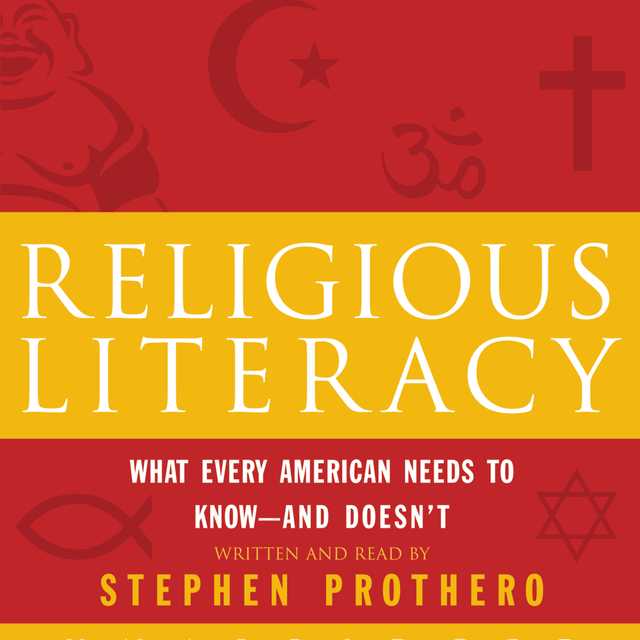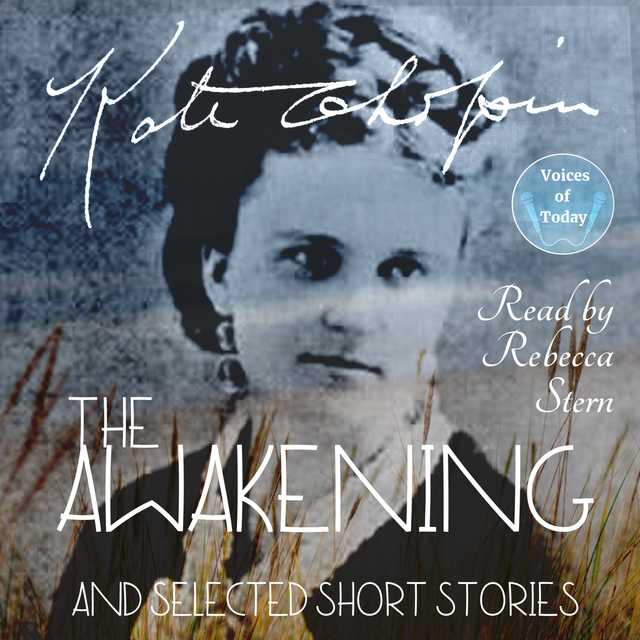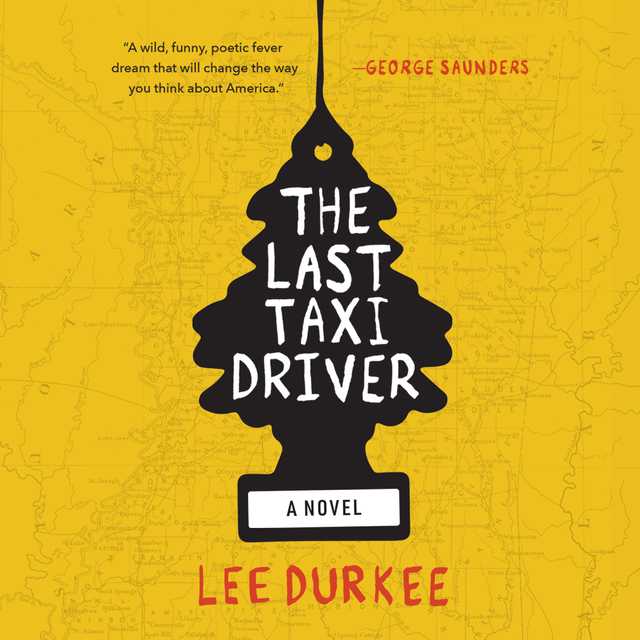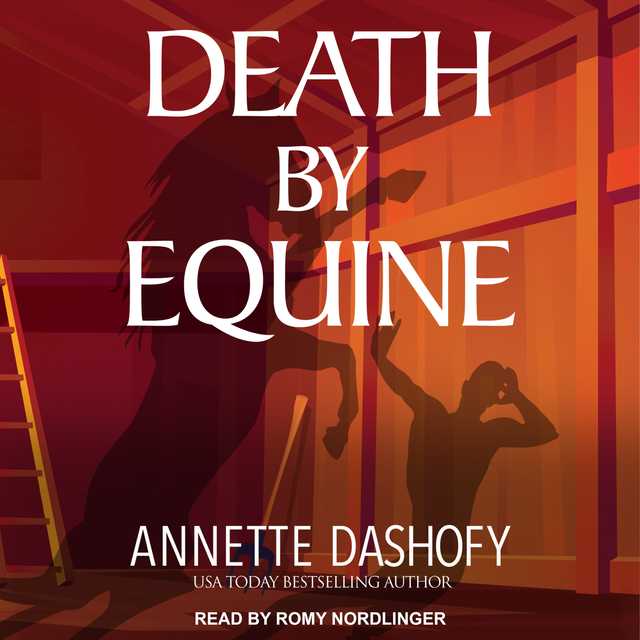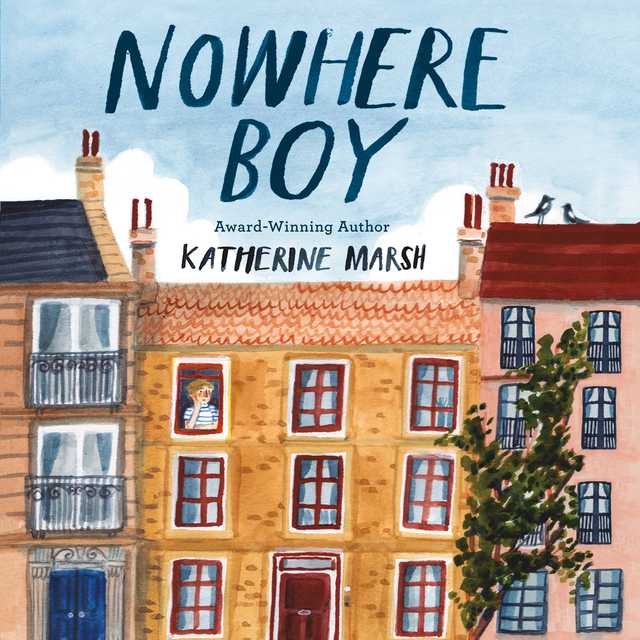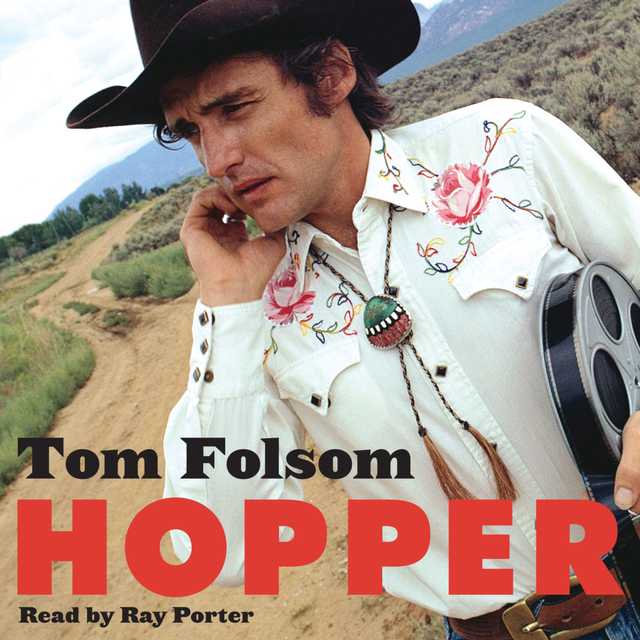Religious Literacy Audiobook Summary
What’s Your Religious Literacy IQ? Quick–can you:
- Name the four Gospels?
- Name a sacred text of Hinduism?
- Name the holy book of Islam?
- Name the first five books of the Hebrew Bible or the Christian Old Testament?Name the Ten Commandments?
- Name the Four Noble Truths of Buddhism?
If you can’t, you’re not alone. We are a religiously illiterate nation, yet despite this lack of knowledge, politicians continue to root public policy arguments in religious rhetoric whose meanings are missed–or misinterpreted–by the vast majority of Americans.
“We have a major civics education problem today,” says religion scholar Stephen Prothero. He makes the provocative case that to remedy this, we should return to teaching religion in the public schools.
Alongside “reading, writing, and arithmetic,” religion ought to become the fourth “R” of American education. Many believe that America’s descent into religious illiteracy was the doing of activist judges and secularists hell-bent on banishing religion from the public square. Prothero reveals that this is a profound misunderstanding. “In one of the great ironies of American religious history,” Prothero writes, “it was the nation’s most fervent people of faith who steered us down the road to religious illiteracy. Just how that happened is one of the stories this audio has to tell.” Religious Literacy reveals what every American needs to know in order to confront the domestic and foreign challenges facing this country today.
Other Top Audiobooks
Religious Literacy Audiobook Narrator
Stephen Prothero is the narrator of Religious Literacy audiobook that was written by Stephen Prothero
Stephen Prothero is the New York Times bestselling author of Religious Literacy and God Is Not One and a professor of religion at Boston University. His work has been featured on the cover of TIME magazine, The Oprah Winfrey Show, The Daily Show with Jon Stewart, The Colbert Report, NPR, and other top national media outlets. He writes and reviews for the New York Times, The Wall Street Journal, Boston Globe, The Washington Post, USA Today, Los Angeles Times, Salon, Slate, and other publications. Visit the author at www.stephenprothero.com or follow his tweets @sprothero.
About the Author(s) of Religious Literacy
Stephen Prothero is the author of Religious Literacy
More From the Same
- Publisher : HarperAudio
- Abraham
- American Gods [TV Tie-In]
- Dead Ringer
- House of Sand and Fog
- Prey
Religious Literacy Full Details
| Narrator | Stephen Prothero |
| Length | 10 hours 8 minutes |
| Author | Stephen Prothero |
| Category | |
| Publisher | HarperAudio |
| Release date | March 13, 2007 |
| ISBN | 9780061262579 |
Additional info
The publisher of the Religious Literacy is HarperAudio. The imprint is HarperAudio. It is supplied by HarperAudio. The ISBN-13 is 9780061262579.
Global Availability
This book is only available in the United States.
Goodreads Reviews
Eric
December 15, 2007
Once, I (a Buddhist) had to explain to my Christian co-worker that the movie "Babel" referred to the Old Testament tale of the Tower of Babel and the origin of languages. We've gotten ignorant in the US, and Mr. Prothero shows us the dangers and some of the causes of our religious ignorance.The book is divided into four parts. The first, an essay on what's wrong presently with the state of our religious education. Second, a detailed and interesting study of religious learning (and unlearning) since the 1600's. Third, Mr. Prothero suggests his method of rectifying the situation. the last section is a glossary of essential terms that come up in religious discussion.There's very little bad to say about this book. The topic is fascinating and presented in a (mostly) clear manner. The first three sections, especially the history of religious instruction in the US, are thought-provoking and dryly humorous at times. The only part that is a bit of slog is the glossary. It contains wonderful information, but reading a glossary is not a lot of fun. Combining all of that information into a narrative would have required several more volumes. The last and slightest of criticisms is that Mr. Prothero has a love of difficult words. I love words and had little trouble getting through it, but this alone makes me hesitate handing this book to someone with a less developed vocabulary.I would like my whole family to read this book and most of co-workers - if I could get them to read it.
Adam
July 21, 2007
This book offers an interesting take on the existence of religious knowledge (or the apparent lack there-of) in society today. Essentially, Prothero has identified religious literacy as an important issue facing the United States today as it plagues all levels of society. In order to correct these issues, the author calls for the creation of a Biblical studies class and a world religion class within the public high school system in order to improve general religious literacy. In making his argument, Prothero does an excellent job explaining the prolific history of religion in the public education system from its inception in the United States well into the late 19th century. He also offers a rather different approach to the decline of religion in public schools. He argues that it was the proponents of orthodox, fundamental, or conservative religions that had religion removed from public education because it was too general and therefore not useful. Later it would be picked up by the secular education supporters to bring us to the situation we find ourselves in today. If the above topic does not interest you, the book is still worth purchasing because of the 83 page religious literacy dictionary that appears at the end of the book. This dictionary can serve as the basis for the creation of a world religion class or simply may be used to increase your own personal knowledge on the topic of religion.Finally, on a more personal note, the plight of Catholic education is following a similar pattern to that of the public school system as chronicled by Prothero. With the national recommended changes for religion curriculum by the United States Conference of Catholic Bishops, we are moving further away from Catholic literacy and choosing to focus on loving Jesus rather than knowing the Catholic Church. Indeed, we are choosing to simply develop character in the name of Jesus rather than developing a knowledge of being Catholic, what that means, and how that fits into the larger world scheme. If these changes are passed, I am certainly out of a job and likely moving to the public school system to teach comparative religion classes because atleast they will be allowed there. Truly disturbing news.
Marissa
November 05, 2007
Another listened-to-in-the-car-book, and a pretty good one, too, if you're at all interested in religion and especially if you aren't for, as the author explains, Americans are woefully ignorant about religion in general even as they claim to be a religious nation. He begins the book by explaining just how ignorant we are in the world of religion and gives a quiz which, by the way, I failed (but did get more right than the average American.) The best statistic he gave was that 10% of Americans think that Joan of Arc was Noah's wife. :) I laughed out loud on that one.He goes on to explain why knowledge of world religions is important, and he certainly convinced me. For example, now that I know that marriage is one of the Catholics' main contracts with God, akin to baptism and communion, then I can more fully appreciate their problem with divorce. He then goes into a rather lengthy history of the teaching of religion here in the US, which was informative but sometimes boring. The book ends with a glossary of sorts that has many interesting terms involving the 7 main world religions.I come away understanding more about religion here and in other countries, and I also more understand Islam & Muslims which I agree is very important to do. He does not argue for one religion over another; he simply says that we all need to know more so that we can make sound decisions in the way we react personally and as a country.Overall, a good listen. (I don't think I would have stuck with it as a book...but I have a rather short attention span for non-fiction.)
Mark
March 15, 2008
Prothero makes the argument for teaching religion (in a comparative fashion) in public schools. As it turns out, it wasn't the left/liberals/ACLU that removed the teaching of religion in public schools, it was a combination of two factors: the religious right didn't want other religions taught alongside and given equal weight to their own and secondly, religious teachings went through a 100 year long process whereby various faiths (mainly Protestant Christian faiths) agreed, in an attempt to keep religion in the public square, to replace religious study with generic "morality" teaching. The end result is that no one knows what it is they profess to believe in….
Emily
July 29, 2016
I learned the basics of world religion in World History, and my Government class analyzed the first Amendment. Aside from that, I haven't been taught very much about religion. That's why I'm so happy I read this book. The beginning and end serve as, "World Religion for Dummies", while the middle part chronicles religious education in America, from the Pilgrims to modern times.The funny part about all of this is, I might know more about other religions than the Lutheranism I was raised with. I can tell you what the Rig Veda is, but I also thought that Mount Sinai appeared in the New Testament. Yes, I know that it appears in the Old Testament with the Ten Commandments, but I thought it appeared in the New Testament too. Apparently, it does not. Looks like I need to read my Bible more carefully...
Mike
August 01, 2008
Prothero makes a compelling case for why we need to be educated about the worlds religions. It is a great book to get discussion going with believers and nonbelievers alike. He focuses on Christianity since, he argues, it is by far the most prevalent and influential in American culture. He covers how Americans used to be better educated about religion, why this has changed, and he offers solutions to the problem. The main section of the book is 148 pages. The last 80 pages are a mini encyclopedia of religious terms, practices, and beliefs. These are concepts he believes every educated person should be familiar with. He also has a few tests to see how much you know. Do you think you will pass? I won't tell you my score.
Dan
May 28, 2008
I'm inclined to say this is a must read but I say that about every book (almost) that I read. But this is a heckuva good book. Explains how American Protestants actually sacrificed religious studies in public schools when confronted by the Catholic menace in the second half of the nineteenth century. More important, argues that we need to return religious studies to the public schools. Not religious indoctrination, but religious studies ... students need to understand religion and religious perspectives if they are to function as citizens, especially in a Global world. Prothero is arguing, in essence, for more "diversity" in our curriculum without actually calling it diversity.
Jean
September 07, 2008
I'm biased on this issue, since it's very important to me that people know something about all religions. You'll laugh, but one of the major reasons I wanted to homeschool was so that we could understand the proper role of religion in history, and learn a lot about other faiths. So I'm really enjoying this book!
Hansen
September 12, 2016
Data is clear that Americans “are very religious, but they know next to nothing about religion.” (1) Prothero usually writes about the first less controversial part, focusing on the very many, very faithful US citizens, who commit time to worship, give money for the less fortunate, and assent to belief as strongly as the people of any country. In this book, however, his research on the second part, about our religious illiteracy, shows that even the most certain believers among us have a stunningly weak grasp of the facts of faith. Especially for Christians, the content of personal beliefs are, in surprisingly many cases, nebulous or empty at best, perfectly inconsistent and silly at worst, and very often just at odds with anything that the Scriptures, church history or faith leaders teach. The case is even more pathetic with our familiarity with other traditions. If we know very little about our own traditions, we are completely in the dark about our neighbors’ deepest beliefs. Prothero is not making value judgments here. He is merely pointing out the unequivocal data, that from seminaries to the regular folk in the pews, Americans are passionate but ignorant. We are “a nation that believes God has spoken in scripture, but can’t be bothered to listen to what God has to say.” (7) To some people this religious illiteracy is unremarkable-—even a great number of Christians are far more comfortable feeling close to Jesus than knowing anything about him. However, the world is so fraught with conflicts involving religion, that we are dumbing ourselves into mortal danger. It is from this concern, for informed citizenry rather than evangelism, that Prothero describes just how illiterate we are, explains carefully how we have come to this situation, analyzes how important it is, and offers how we might move forward. So how faithful are we? Despite the growth of secular influences and waning church attendance, when taken demographically, “the US population [is] more Christian than Israel is Jewish or Utah is Mormon.” (31) Quite simply, a vast majority of Americans identify themselves as Christian. Ironically, however some of the most intense of those believers score no better on Biblical literacy tests than atheists. Take, for instance, that “20 percent of evangelicals believe in reincarnation.” (38) What, in God’s name (literally, in God’s name) is the point of caring a lick about "evangelical" Christianity, if you’re going to tick that box about the afterlife? How dare these folks fiddle with science textbooks on faithful grounds, if their grasp of faith is that bad? How did we get to this point? There was a time-—not a mythical golden age, there really was a time-—when Americans knew religion, or at least their own form of Christianity. Interpretations and arguments always have been and will be here, but once upon a time churches, families, and educational public policy joined to promote knowledge about the stories, facts and values of Christianity. According to Prothero, three basic movements pushed us toward the religious illiteracy we see today: a bald misunderstanding of the constitution’s place in public education, the growth of a silly religious relativism, and an emphasis of faithful emotion over knowledge. To the first point, he describes how public education once used religiously-themed schoolbooks, and now is nearly silent on issues of faith. Universities that once revolved around faithful understanding of the world, now partitioned off Religious Studies as a specialization. Most depressing for youth pastors like me, “there is hardly any difference in Bible knowledge between younger teens (7th to 9th graders) and older teens (10th to 12th graders).” (41) High Schools particularly ignore religion, offering at most vague historical references: “While history textbooks talk about the existence of religious diversity in America, they do not show it: Jews exist only as the objects of discrimination; Catholics exist to be discriminated against and to ask for government money for their own schools; there is no reflection of the diversity within American Protestantism… The Quakers are shown giving us religious freedom and abolition, and then apparently disappear off the face of the earth.” (67) Prothero contends that a main reason why our young people learn so little is that schools are afraid of and ignorant about the constitutionality of teaching about religion. We have grown up with a fearful and heavy notion of church-state separation, but “the Supreme Court has made its position plain… it is constitutional to teach about religion in the public schools.” (159) In fact, “Supreme Court justices are all but begging public schools to teach about religion.” (171) Moreover, “The current strategy of obeying the law by avoiding religion may well be violating the Constitution, by indoctrinating students into a secular view of the world.” (161)Another main culprit of religious illiteracy is the assumption that the American melting pot has melted us all down to some common religious denominator. For historical reasons that Prothero describes (perhaps the most tenuous argument of the book), we have been taught that politeness requires us to boil down all religions to one essential message, namely the Golden Rule. Not only is this a sad development, but it is downright illogical and based on deep misunderstandings about religious traditions. Just because the Golden Rule is present in most faith traditions, does not mean that it is foundational or descriptive, or descriptive enough, of any of them. Morality is not the beginning or end of religion, but at best (and rarely at that) a low commonality. Instead of relativism, “the fact is that the world’s religions disagree fundamentally on the most basic matters. They do not agree on the problems they are trying to solve, on the goals they are trying to reach, on the paths to get to those goals, or on what sort of people… best chart those paths.” (177) On the triumph of emotion over intellect, Prothero notes that churches across the theological spectrum have shifted from a mission of soul enrichment toward something like consumerist entertainment. In our styles of worship, fellowship programming and what passes as religious education today, “Americans by the millions would choose piety and check their intellects at the church-house door. They would endeavor not to know Jesus but to feel him.” (135) For instance, soon after Christian theologians Paul Tillich and Reinhold Niebuhr graced the cover of Life magazine, pastors like Norman Vincent Peale and Billy Graham began to create the genre of religious self-help therapy, the very gospel of happiness that rules megachurches today. Since then, “evangelicals made a virtue of their ignorance.” (133) And about the same time, just as political correctness turns America into a ‘Judeo-Christian’ and eventually ‘Abrahamic’ nation, President Eisenhower could say, “our form of government has no sense unless it is founded in a deeply felt religious faith, and I don’t care what it is.” (142) Across American society, “the God-fearing faith of Calvinism yielded to the Jesus-loving faith of evangelicalism, and American religion became less intellectual and more enthusiastic.” (59) To approach this emotionalization of Christianity a bit more theoretically than historically, one of the most interesting sections of the book (at least for theology nerds like myself) is Prothero’s application of Ninian Smart’s ‘Dimensions of the Sacred’ to the fall of religious literacy. Very simply, Smart has offered a way to map religions along six dimensions: doctrinal/philosophical, narrative/mythic, ritual/practical, experiential/emotional, ethical/legal, and social/institutional. For instance, where Ancient Hebrew traditions often emphasized stories and rituals, rabbinical Judaism focused more on rules and community. For American Christianity over this last century, “deeds had triumphed over creeds.” (131) We have moved “from the intellect to the emotions, from doctrine to storytelling, from the Bible to Jesus, and from theology to morality.” (132) Strictly from a religious perspective, this is not necessarily a bad thing. There may even be a spiritual value in decluttering our souls with information. “Might American religion be thriving precisely because of Americans’ religious illiteracy? … ‘ignorance is the mother of devotion’.” (181) Perhaps. However, religious literacy is especially important in a world in which religious values are mixed up with conflicts both local (such as the building of a Muslim community center in NYC) and global (such as the death of NATO forces after the Gainesville pastor burned a Koran). Familiarity with one’s own tradition should be an absolute requirement for anyone attempting to legislate its precepts. What does democracy even mean when people claim to vote on Christian values, without actually knowing about Christian values? And with the world growing ever more religiously diverse, religious illiteracy is leading us to less mutual respect and understanding, and more conflict and violence. So, how do we save ourselves? Remember, Prothero is interested in “spreading knowledge rather than inculcating virtues.” (21) He is very clear that his purpose in documenting and trying to overcome religious illiteracy is civic not sanctified. With that perspective, Prothero’s main advice is to require high school students to learn about the Bible and world religions. That’s an idealistic goal in a time when art and sports are being cut, not to mention teachers and entire school buildings. The professor will be teaching religiously illiterate students for years to come. But he does offer one simpler, helpful aide. At the end of this book, one will find a very good primer on dozens of culturally relevant religious terms, from ‘Abraham’ to ‘Zionism’. Also in the appendices one can take Prothero’s basic quiz, to find out just how illiterate we are.
Amanda
March 29, 2021
I think the number one thing I learned from this book is that I don't know half as much as I think I know. That's always a good lesson and a humble reminder that you can forget everything you learned at college if you don't do something with that knowledge. This book presented a convincing argument that the reason the majority of Americans are religiously illiterate is because of the effort to find common ground in how biblical doctrine was presented in the public school system (back in the 18th, 19th, and early 20th centuries). American students used to learn religious doctrine in public school. Then, it became an issue (not because of the separation of church and state) but because there were so many different Christian groups that none of them could agree on how to teach students about the bible. Eventually, churches themselves (primarily evangelistic churches) placed less importance on learning doctrine and more importance on morality - and feeling saved. It helped the church grow, but it also helped bring about a nation of religiously illiterate believers. The solutions presented in this book are agreeable, but perhaps impossible in this day and age. In order to become religiously literate, more churches will need to place an emphasis on teaching, individuals will need to become responsible for their own education, and (I think this is the most important) students should have the option to learn about religion in public school. This does not mean that students are taught that religious doctrine is true - they are simply taught about religion - all religions - so that we can better understand political and social circumstances in the world today. The only negative feedback I can give about this book is that it didn't spend enough time talking about the influence of other religions in America. Did Jewish people experience the same mass-ignorance? What about Muslims in modern-day America? Although, it is true that Christianity has had the greatest influence on our culture. It should be noted that the author does mention other religions, but mostly in passing. It was not the focus of the book. He does say that it's important to learn about other religions, but he didn't write enough about these other religions.
Kiel
December 22, 2021
Boston College Religious Studies professor makes a secular case for public religious education, this book is deep and good on analyses of illiteracy in the USA but naïve in its proposals. While I’ve read many treatises that point to the post-war era as the time with either Christianity, or Judeo-Christian values, or America itself saw decline, Prothero goes back further and helpfully teases out a more full throated anti-intellectualism from America’s inception as a foundation to many modern ills. While his concern is more from a civics-only standpoint, I as a believer found much I would share with him in cobelligerence. For example in his chapter 4 on “The Fall (how we forgot)” he demonstrates that churches and schools making hard moves in religious education away from head to the heart, from doctrine to story telling, from the whole Bible to a narrow and malleable Jesus, and from theology to morality has contributed to a decline in identity formation, not just in Christians specifically but as Americans generally as well, which is his chief concern. His proposal however is a very muddled, quasi-religious, secular pipe dream that somehow secular society can hold the line between believing religion is the source of all problems to being able to administer an education about all of them objectively. He ends with a very helpful glossary of terms he thinks anyone should know to have a basic religious literacy. 304 pages of American history, religious literacy, and a secular argument for public Bible instruction.
David
September 30, 2018
A great overview of what is missing in America with regards to the study of religion. As a society, Americans are perhaps the most ignorant when it comes to knowledge of religion. At best we are fervent believers of our own faith practice, but remain clueless as to understanding religion. Prothero takes you on a very good historical journey from the early days of our republic and how religious intolerance that brought many to the new world only perpetuated the same practice of intolerance after the bill of rights enshrined the concept of Freedom of Religion or as some say "separation of church and state."As a result, today educational standards fail to teach religious literacy. On the one side there our staunch Evangelical Christians or even Roamn Catholics that see teaching anything but their version of Christianity as true religious education. At the same time, agnostics, atheists, and the secular left see teaching any religion as a violation of the first Amendment. Sadly, both are wrong. Prothero's book helps to bridge the ignorance gap that most Americans have.One can only hope that those who read this take on a more enlightened view of religion in today's world.
Harrison
September 03, 2021
While I technically have about 100 more pages of this book to read, the remaining pages are a dictionary of religious information. Therefore, I am finished with the "book" part of it and I am making my way through the dictionary. This is the second book I have ready by Prothero (1st - American Jesus). Obviously, he primarily writes about religion, however, his focus is less on the theological level and more on the sociological level: how and why do American's religious (primarily Christian) impulses affect society as a whole? How can America operate as the most secular AND the most religious nation? What do cultural insiders do with religion? What do cultural insiders do with religion? Such questions are asked by Prothero through his writings. I plan to read more of his work in the future!
Matthew
February 01, 2021
Though I'm not completely sold on his parameters for creating more religious education in American schools, I do agree that a lack of understanding of religion does lead to, at the very least, an exacerbation of many of the problems that our country faces. Religion plays a role in the lives and decision-making of millions of Americans and billions of people worldwide. To not understand that facet of people's thinking can only serve to prevent an adult from successfully navigating the social discourse of our daily lives and societal challenges. This book was a worthwhile read, whether you agree with his stance on religious education or not. It'll make you think.
Gillie
January 29, 2018
I listened to this book mainly for the last 35%, which was a glossary of religious information the author feels Americans should know in order to be religiously literate. I was interested in that because I sometimes wonder if I'm including the right information in my comparative religions class for 6th graders. I plan to buy a paper copy of the book as a reference, because I thought the glossary was excellent. But the first 65% of the book was interesting, too...a look at how America -- which was a nation founded by extremely religiously literate people (or at least people literate in the Christianity) -- became so ignorant of religion.
Cheryl
October 10, 2018
Stephen Prothero contributes to religious literacy in chapter six with a dictionary of religious terms and terminology. I will say that in the first few chapters of Religious Literacy, the prose identifies today's thinkers as, well, lacking knowledge, as if the human population in past centuries were more literate. Maybe some people were more religiously literate, however, in my study of history, the greater population was not. I believe human beings are processing faith and religion although terminology changes. With that said, I recommend this book, even if the reader skips to chapter six.
Jermaine
December 11, 2018
Very thought provoking. I think the author did very well at covering the history that led us to our present state of illiteracy concerning religion. Our current posture as American citizens who are seemingly religious but have very little knowledge about what we believe, is no surprise! As a clergy
Most Popular Audiobooks
Frequently asked questions
Listening to audiobooks not only easy, it is also very convenient. You can listen to audiobooks on almost every device. From your laptop to your smart phone or even a smart speaker like Apple HomePod or even Alexa. Here’s how you can get started listening to audiobooks.
- 1. Download your favorite audiobook app such as Speechify.
- 2. Sign up for an account.
- 3. Browse the library for the best audiobooks and select the first one for free
- 4. Download the audiobook file to your device
- 5. Open the Speechify audiobook app and select the audiobook you want to listen to.
- 6. Adjust the playback speed and other settings to your preference.
- 7. Press play and enjoy!
While you can listen to the bestsellers on almost any device, and preferences may vary, generally smart phones are offer the most convenience factor. You could be working out, grocery shopping, or even watching your dog in the dog park on a Saturday morning.
However, most audiobook apps work across multiple devices so you can pick up that riveting new Stephen King book you started at the dog park, back on your laptop when you get back home.
Speechify is one of the best apps for audiobooks. The pricing structure is the most competitive in the market and the app is easy to use. It features the best sellers and award winning authors. Listen to your favorite books or discover new ones and listen to real voice actors read to you. Getting started is easy, the first book is free.
Research showcasing the brain health benefits of reading on a regular basis is wide-ranging and undeniable. However, research comparing the benefits of reading vs listening is much more sparse. According to professor of psychology and author Dr. Kristen Willeumier, though, there is good reason to believe that the reading experience provided by audiobooks offers many of the same brain benefits as reading a physical book.
Audiobooks are recordings of books that are read aloud by a professional voice actor. The recordings are typically available for purchase and download in digital formats such as MP3, WMA, or AAC. They can also be streamed from online services like Speechify, Audible, AppleBooks, or Spotify.
You simply download the app onto your smart phone, create your account, and in Speechify, you can choose your first book, from our vast library of best-sellers and classics, to read for free.
Audiobooks, like real books can add up over time. Here’s where you can listen to audiobooks for free. Speechify let’s you read your first best seller for free. Apart from that, we have a vast selection of free audiobooks that you can enjoy. Get the same rich experience no matter if the book was free or not.
It depends. Yes, there are free audiobooks and paid audiobooks. Speechify offers a blend of both!
It varies. The easiest way depends on a few things. The app and service you use, which device, and platform. Speechify is the easiest way to listen to audiobooks. Downloading the app is quick. It is not a large app and does not eat up space on your iPhone or Android device.
Listening to audiobooks on your smart phone, with Speechify, is the easiest way to listen to audiobooks.

